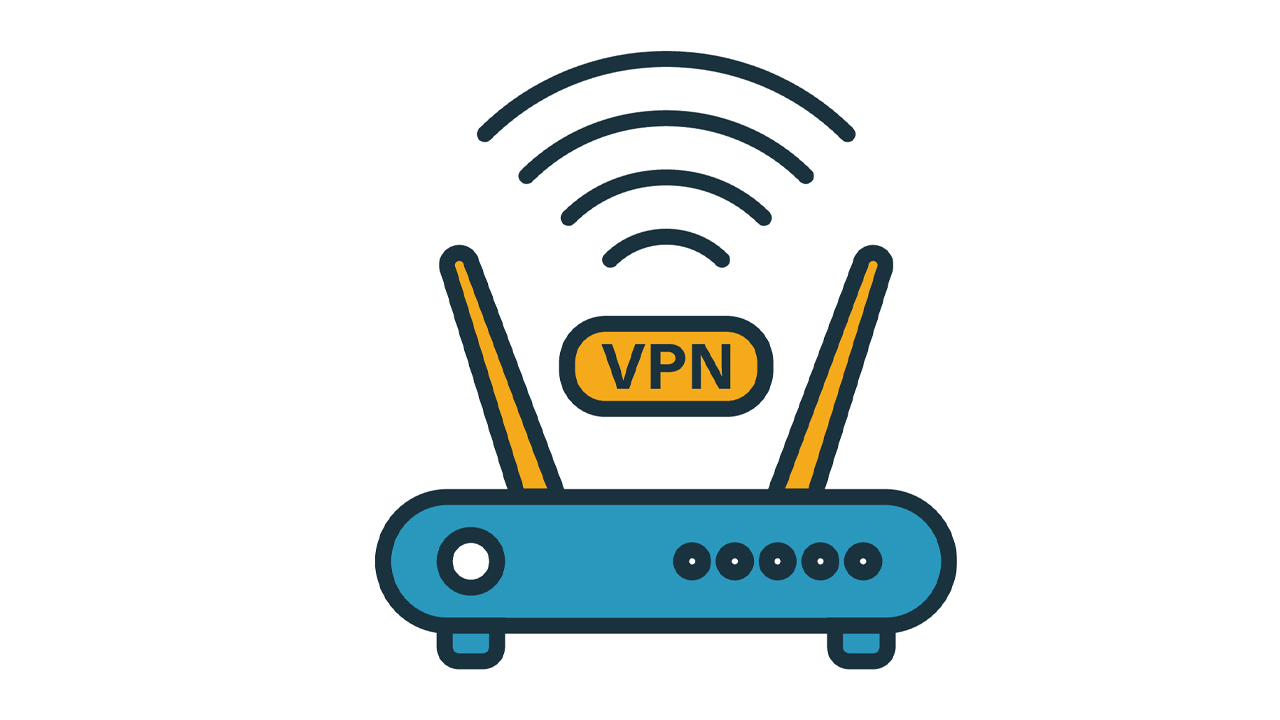Is OpenVPN still fit for purpose?
Is OpenVPN still fit for purpose?

If you lot've ever used one of the all-time VPN services, yous'll likely have heard the terms OpenVPN, WireGuard, IKEv2, Lightway and more. These are all protocols, which VPNs use to encrypt your traffic, and transfer it one place to another. For a more detailed rundown of the purpose of protocols, check out our how does a VPN piece of work commodity.
Here, though, we'll be outlining whether or not the twenty-year-sometime OpenVPN has still got what it takes to fight off contest from newer rivals, in which ways OpenVPN is starting to show its age, and why it ought not be written off quite so soon.
Comprehensive privacy by default
At its core, OpenVPN was designed every bit a secure VPN organization out of the box, and that remains the case today. It uses OpenSSL to encrypt data, and its support of both UDP and TCP means there's a lot flexibility for users. Compare that to WireGuard, and while OpenVPN's code may be more circuitous and lengthy, VPN providers aren't required to patch privacy problems before information technology can be safely used.
That also means that no matter which VPN provider you utilise, you lot'll get access to the same well known, tried and tested OpenVPN features. With WireGuard and its variations, there's no telling how well-washed any changes to the code accept been, since implementations similar NordVPN's NordLynx aren't open up-source – simply we'll get to that in a moment.
- More: Is the new WireGuard protocol secure?
- Staying private is essential – use the most private VPN
- Prepare upwards a VPN: our comprehensive guide for all devices
OpenVPN is slower than rivals
With that comprehensive functionality comes somewhat swollen code, and compared to more modern protocols, OpenVPN quite but can't proceed up. While even in our last circular of testing nosotros saw OpenVPN speed improvements made by some providers like ExpressVPN, if you're looking for a truly fast VPN, a more modernistic, streamlined protocol will evangelize the all-time results.
To get the best speeds out of OpenVPN, we recommend using UDP rather than TCP. While TCP is more reliable thank you to the fact that TCP data packets are tracked – and resent if non received – doing away with this error checking makes UDP far superior if yous're simply looking to maintain a fast connection for gaming or streaming.
Besides, big-name consumer VPNs invest huge amounts of coin into their server network, eliminating any potential bottlenecks. That means that if yous want to get the best speeds from OpenVPN, signing up to a consumer VPN service will most certainly net you ameliorate results than setting upward your own server.

Mobile performance is poor
Along with substandard speeds, OpenVPN also has bug when changing networks. And then, for example, if you lot're using your mobile VPN at dwelling house on your Wi-Fi and so leave the house and showtime using your mobile data, OpenVPN will likely accept to disconnect and reconnect.
This is the reason well-nigh of the top Android VPN and iPhone VPN providers accept traditionally used IKEv2/IPsec, merely adjacent-gen protocols like Lightway and WireGuard have been designed every bit mobile-first, specifically to avert the issues OpenVPN poses on unstable or changeable connections.
We spoke to Peter Membrey, chief architect at ExpressVPN and leader of the Lightway project. "OpenVPN has been on ExpressVPN's platform for a long time – it's reliable, stable, open up-sourced, and well-tested," says Peter. "It was, however, built during a very unlike time. When OpenVPN was start built 20 years ago, VPNs were primarily used on the desktop and with far slower internet connections than are available today. This is why we now need newer protocols that are built for the mobile-starting time and always-on world."
Open-source is nevertheless the key
Several protocols are open-source at their core – with one notable exception being the Catapult Hydra protocol developed by Hotspot Shield – but that doesn't mean they're yet in terms of transparency.
Allow's take WireGuard as an example. The base code is entirely open up-source, which is groovy, but when it comes to application in VPNs, there are some privacy bug.
IVPN was then concerned that WireGuard logged connection IPs indefinitely, for instance, it created a custom solution for its own servers. Other providers take done something like, simply we've never seen any of these patches made open up-source.
That means that while both Surfshark and NordVPN support WireGuard, they will use dissimilar solutions for this privacy problem. Which is best? Nosotros've got no manner of knowing.
With OpenVPN, it'south a much simpler state of affairs. While the code might be old, long and a little clunky, there are no proprietary patches necessary to deliver on the privacy nuts – when you use it, there are no secrets to how it's working, as it's all available online for you and billions of other people to inspect.
It'southward worth reiterating that OpenVPN and WireGuard aren't the only open-source protocols, and nosotros're pleased to run into Lightway become entirely open-source, too.
It's still more fully-performance than the competition
When information technology comes down to core functionality, OpenVPN offers the fullest range of options. Protocols similar Lightway and WireGuard take trimmed down the lawmaking to deliver lightning-fast speeds, but that comes at the expensive of some functionality.
For example, WireGuard is UDP-simply, meaning that while speeds benefit, in situations where every packet needs to make its style to the target – think sending files and emails – information technology's not necessarily the platonic choice.
So, for the vast majority of users looking for a Netflix VPN to access blocked content and stay relatively private online, OpenVPN certainly has some competition from the immature bucks, just for those who want open-source reliability and every niche characteristic available, OpenVPN might notwithstanding exist the go-to protocol.
Source: https://www.tomsguide.com/news/is-openvpn-still-fit-for-purpose
Posted by: battagliacoord1987.blogspot.com


0 Response to "Is OpenVPN still fit for purpose?"
Post a Comment